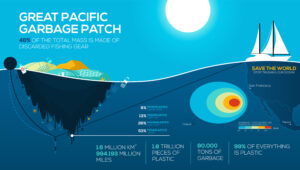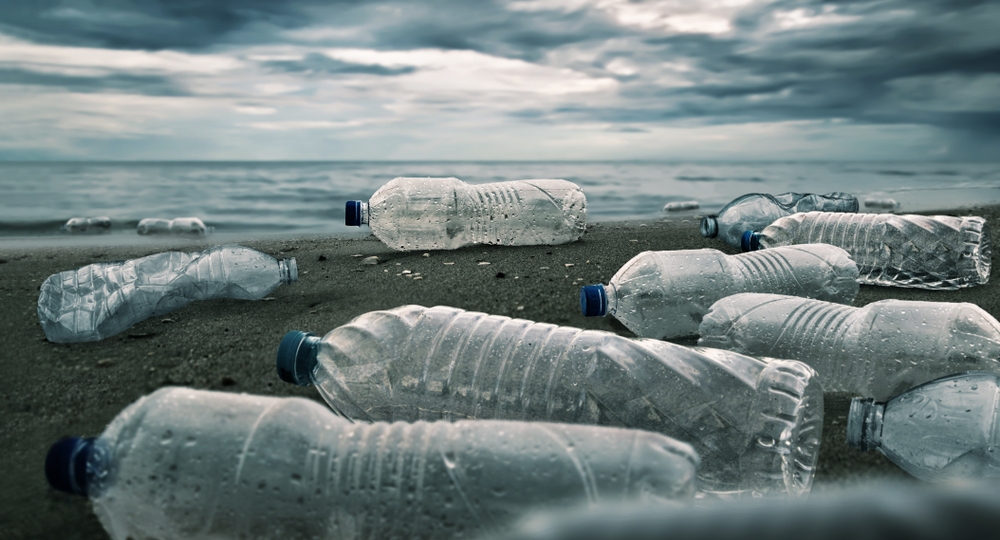Michael Meredith
It is one of the most iconic bits of dialogue in the history of motion pictures:
Mr. McGuire: I want to say one word to you. Just one word.
Benjamin: Yes, sir.
Mr. McGuire: Are you listening?
Benjamin: Yes, I am.
Mr. McGuire: Plastics.
Mr. McGuire saw that as an economic opportunity. Today, however it would be a warning.
With an annual production of more than 300 million tons, plastic is one of the most widely used materials in the world. And way too much of it makes its way into the ecosystem.
According to the Environmental Protection Agency, outside of the small amount of plastics incinerated, every bit of plastic ever manufactured still exists today. Every piece of plastic you have ever used is likely still here somewhere.
Lightweight and designed to last, discarded pieces of plastic easily find their way into ecosystems, creating serious threats to migratory species around the world. An estimated 8 million tons of plastic waste enter the world’s oceans each year. Plastic does not simply dissolve. Water, sunlight, and wind can reduce it to small particles, leading to lethal cases of ingestion. Foraging behavior makes seabirds prone to ingesting plastics. Floating on the surface of the water, covered in algae, single-use plastics (bags, drinking straws and bottles) can easily be mistaken for prey, both by shape and smell. Unwittingly, birds feed plastic to their chicks that are even more vulnerable due to their underdeveloped organs.
Do you need perspective? Consider the Great Pacific Garbage Patch, a veritable floating island of plastics and other trash that has grown to be over twice the size of Texas… growing ever larger. Various clean-up efforts are underway; however, success is not guaranteed as every year more plastic debris makes it into the ocean.
Even far from the ocean, we can have a positive effect. Studies show that local projects on the management of plastic waste produce results. Common sense can help curb the giant tide of plastic. It’s as simple as changing your individual behavior every day, creating less waste, reusing what you can, remembering to recycle. And obviously, littering is a no-no.





